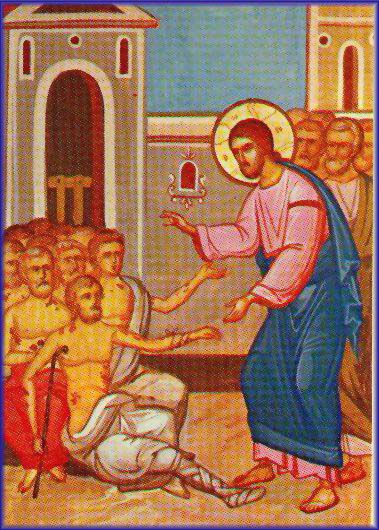While he was staying at Siena
Francis humbly replied that he was but a
simpleton, and that therefore he would rather be taught of him rather than
explaining to this doctor the meaning of Scripture. The humble master replied, “Brother, though I
have heard an exposition of this text from many wise men, yet I would willingly
learn your understanding of it.”
Therefore Francis said, “If the text is to be understood for all, I
would take it this way—that the servant of God should so burn and shine forth
by life and holiness in himself, that by the light of his example and by the
speech of his holy conversation he should reprove all the impious. Thus, say I, the glory and the odor of his
reputation will announce to all their iniquities.” The doctor then left being edified and said
to his brothers, “My brothers, the theology of this man, founded on purity and
contemplation, is a flying eagle, while our study crawls on its belly on the
earth.”
-Mirror of Perfection Section IV, Chapter 53
It is said that Francis
spoke, “Speak the gospel at all times.
If necessary use words.”
Words are necessary, and they
can at times be a clear presentation of the gospel. But we must remember that the gospel of Jesus
is not only His teachings, but His life.
Not only did Jesus teach us God’s truth, he showed it to us. In this way, we should have learned, that the
True Teacher not only speaks, but lives out her teaching.
Even if we never say a word,
let the light of God’s presence be shown through our actions. May the love of the Holy Spirit display God’s
love before we ever open our mouth about His grace.















